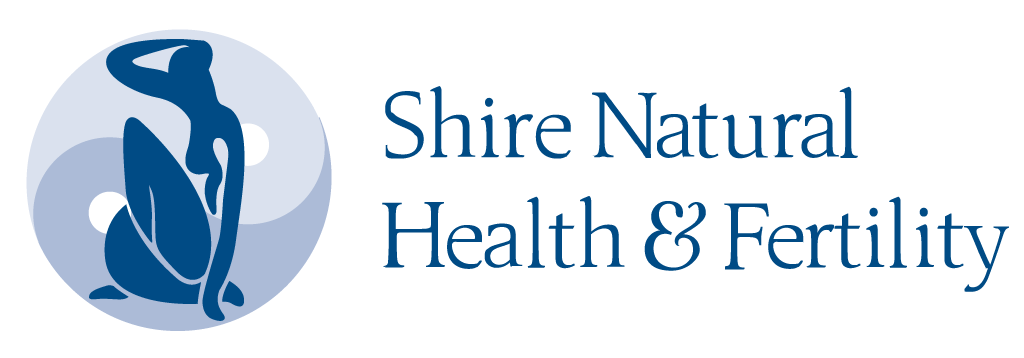Pregnancy FAQ’S — Do’s and don’ts
Am I eating for two?
A number of studies have reported an association between poor maternal diet and a greater risk of pregnancy complications.
The best sources of vitamins and minerals come from a healthy balanced diet comprising whole grains, fresh fruits and vegetables, good quality protein and dairy products. Intake of omega-3 fatty acids should be increased while trans-fatty acids, cured and smoked meats should be avoided. Regular consumption of oily fish or supplementation with onega-3 fatty acids results in an increased circulating maternal DHA status during pregnancy and at term.
Although it is important to avoid an excess of calories, it is just as important to avoid depriving oneself. Deficient maternal food intake can affect foetal development and lead to specific disease states later in life. For example, hypertension and coronary artery disease have been linked to insufficient maternal food intake before and during pregnancy.
An additional 300kcal per day is recommended during the second and third trimesters. On this diet, a woman at 90-110% of standard weight at conception should gain approximately 12kg, increasing by approximately 400g per week during the second and third trimester.
An increase in carbohydrate consumption is preferred during pregnancy and lactation, because the foetus and mammary glands tend to use glucose. Additional protein is also required for deposition in foetal, placental, and expanding maternal tissues. The mother and foetus accumulate approximately 1kg of protein in total during pregnancy.
Is exercise harmful during pregnancy?
Daily moderate exercise for 30 minutes or more is safe and beneficial during pregnancy, and is associated with fewer symptoms during the latter stages of pregnancy, shorter labour, and a reduced risk of a large-for-gestational-size infant. In addition, women who exercise during pregnancy may reduce their risk of developing gestational diabetes mellitus. Strenuous physical activity should be avoided as it can be detrimental to both mother and foetus and may be associated with a lower birth weight.
Do I need to change my lifestyle?
Research shows that smoking, drinking alcohol or using drugs during pregnancy, regardless of the frequency or quantity of use, can cause health problems for the foetus.
Are coffee and tea safe?
Moderate consumption of less than 200mg/day (1-2 cups of tea or coffee) has not been associated with clinically important adverse foetal effects, however consuming over 200mg/day is associated with a significant increased risk of miscarriage. High maternal doses of caffeine throughout pregnancy have also resulted in symptoms of caffeine withdrawal in newborn infants.
What is a safe level of alcohol?
The WHO suggests that there is no safe level or drinking alcohol during pregnancy – the safest approach is therefore not to consume any alcohol at all. Any alcohol consumed during pregnancy crosses the placenta and can cause bleeding, miscarriage, stillbirth and premature birth.
Smoking
The substances inhaled from smoking reduce oxygen availability to the baby, affect the baby’s growth and development, and increase the risk of low birth weight, premature birth, spontaneous abortion and SIDS. Children affected are also more likely to suffer from asthma and respiratory infections.
Is it necessary to supplement during my pregnancy?
Studies suggest that the use of multinutrients during the preconception period and pregnancy has been linked with healthy pregnancy outcomes. Multivitamin supplements provide protection against the likelihood of congenital abnormalities such as neural tube defects, cardiovascular anomalies, oral cleft, urinary tract abnormalities, congenital hydrocephalus and limb defects.
Are herbs safe in pregnancy?
In a study reviewing herbal medicine use during pregnancy in a group of Australian women, 36% of women took at least one herbal supplement during their current pregnancy. As with any medication given during pregnancy, the potential benefit to risk must be weighed. The following herbs have historical use during pregnancy:
- Rubus idaeus (Raspberry leaf)
Traditionally used throughout pregnancy, raspberry leaf is mainly used to strengthen and tone the uterus prior to birth. Anecdotal reports have suggested that uterine contractions during labour may be more coordinated after ingestion of raspberry leaf during the last 3 months of pregnancy. - Zingiber officinale (Ginger)
Ginger is commonly used to relieve nausea and vomiting of pregnancy. Several small clinical trials show that taking a supplement of ginger 250mg four times daily (1g per day) reduces pregnancy-related nausea and vomiting more effectively than placebo. Clinical research in pregnant women suggests that ginger can be used safely for morning sickness without harm to the foetus. - Vaccinium macrocarpon (Cranberry)
Given the evidence to support the use of cranberry for UTIs and its safety profile, cranberry supplementation as fruit or fruit juice may be a valuable therapeutic choice in the treatment of UTIs during pregnancy. - Echinacea spp.
There is good scientific evidence from a prospective cohort study that oral consumption of Echinacea during the first trimester does not increase the risk for major malformations. Oral consumption of Echinacea in recommended doses is considered safe for use during pregnancy.
Are essential oils safe in pregnancy?
Aromatherapy may be helpful during childbirth to relieve anxiety, pain, nausea, and/or vomiting or to strengthen contractions. It may also reduce pain perceived by first-time mothers. Some essential oils can trigger menstruation and uterine contractions and therefore should not be used by pregnant women. If pregnant, women should always check with a professional aromatherapist before using any essential oils.
